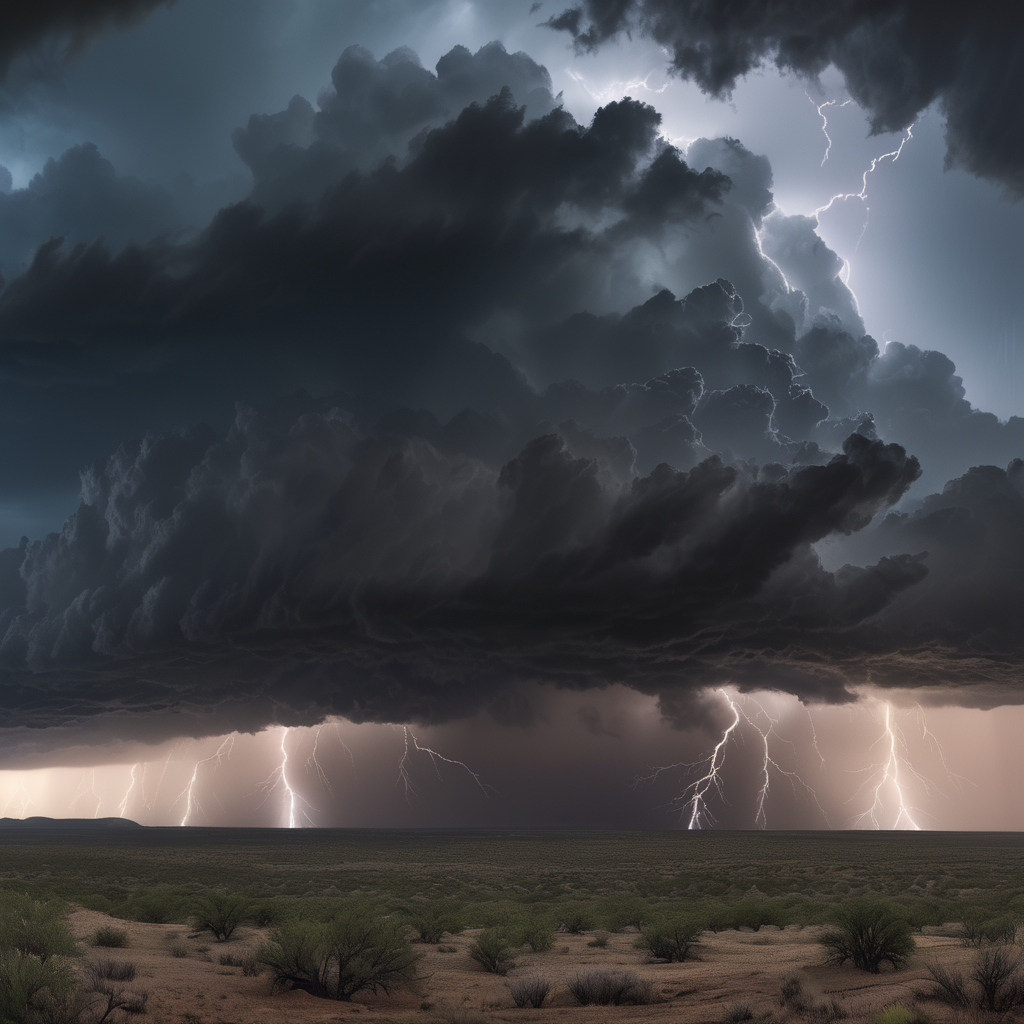Texas is no stranger to extreme weather conditions, from brutal heat waves to torrential rains and devastating hurricanes. These unpredictable weather patterns can leave residents grappling with a multitude of challenges, from power outages to flooding and food shortages. This blog post will provide a detailed guide on how to survive extreme weather conditions the Texas way. We’ll discuss essential supplies to have on hand, the importance of community support, and strategies for staying safe during emergencies.
- Supplies to Have on Hand
Being prepared for extreme weather is crucial. Stock up on essential supplies to ensure you’re ready for any situation.
- Food and Water: Store at least a three-day supply of non-perishable food and one gallon of water per person per day.
- First Aid Kit: Keep a well-stocked first aid kit with essential medical supplies, such as bandages, antiseptic, and pain relievers.
- Flashlights and Batteries: Ensure you have multiple flashlights and extra batteries to maintain visibility during power outages.
- Tools and Equipment: Stock up on essential tools, such as a manual can opener, multi-tool, and a portable radio.
- Generators
Generators can be a lifesaver during extreme weather events, providing power for essential appliances and lighting.
- Choose the Right Generator: Select a generator that meets your power needs and is appropriate for your living situation. For example, portable generators are suitable for smaller homes, while standby generators are better suited for larger properties.
- Proper Use and Maintenance: Familiarize yourself with your generator’s user manual and follow all safety guidelines to prevent accidents and ensure optimal performance.
- Community Support
In times of crisis, community support can be invaluable. Work together with your neighbors to share resources and information.
- Establish a Neighborhood Watch: Coordinate with neighbors to create a system for monitoring the area and protecting each other’s homes.
- Share Resources: Pool resources and skills to ensure everyone has access to essential supplies and knowledge.
- Search and Rescue
During extreme weather events, search and rescue operations may be necessary to locate and assist those in need.
- Know Your Local Emergency Services: Familiarize yourself with your local emergency services, such as the fire department, police, and search and rescue teams.
- Be Prepared to Help: Learn basic first aid and rescue techniques to be ready to assist others in need.
- Working with Local Authorities
Coordinating with local authorities is crucial during extreme weather events. Stay informed about evacuation orders, shelter locations, and other important updates.
- Stay Connected: Follow local news outlets and government websites for the latest information and updates.
- Comply with Evacuation Orders: If authorities issue an evacuation order, follow their instructions and leave the area as soon as possible.
- Staying Safe with Issues like Flooding, Water Contamination, Looting, and Food Supplies
Extreme weather can lead to a variety of safety concerns. Be prepared to address these issues to protect yourself and your community.
- Flooding: If your home is prone to flooding, invest in sandbags and know how to safely evacuate in case of rising waters.
- Water Contamination: Store water purification tablets or a water filtration system to ensure access to clean drinking water.
- Looting: Keep your home secure and work with neighbors to deter potential looters.
- Food Supplies: Stock up on non-perishable food items and consider investing in a portable stove or grill for cooking during power outages.
- Forced Evacuation vs Shelter in Place
During extreme weather events, you may be faced with the decision to evacuate or shelter in place. Understand the pros and cons of each option and be prepared to make a decision based on the situation.
- Forced Evacuation: If authorities issue an evacuation order, follow their instructions and leave the area as soon as possible.
- Shelter in Place: If staying put is the safer option, ensure you have enough supplies to sustain yourself and your family for an extended period.
- Trading and Bartering
In times of crisis, traditional currency may be less valuable. Be prepared to trade and barter for essential goods and services.
- Stock up on Barterable Items: Acquire items that may be in high demand during emergencies, such as batteries, first aid supplies, and non-perishable food.
- Build Relationships: Establish connections with neighbors and community members to facilitate trading and bartering.
- Transportation
Having a reliable means of transportation is crucial during extreme weather events, especially if you need to evacuate or access essential supplies.
- Maintain Your Vehicle: Keep your car in good working condition and ensure you have a full tank of gas before a storm hits.
- Alternative Transportation: Consider investing in a bicycle or other alternative means of transportation in case your vehicle is unavailable.
Surviving extreme weather conditions requires preparation, adaptability, and a strong sense of community. By following the guidelines outlined in this blog post and staying informed about local conditions, you can increase your chances of weathering any storm the Texas way. Remember to prioritize safety, work together with your neighbors, and be prepared for the unexpected.

